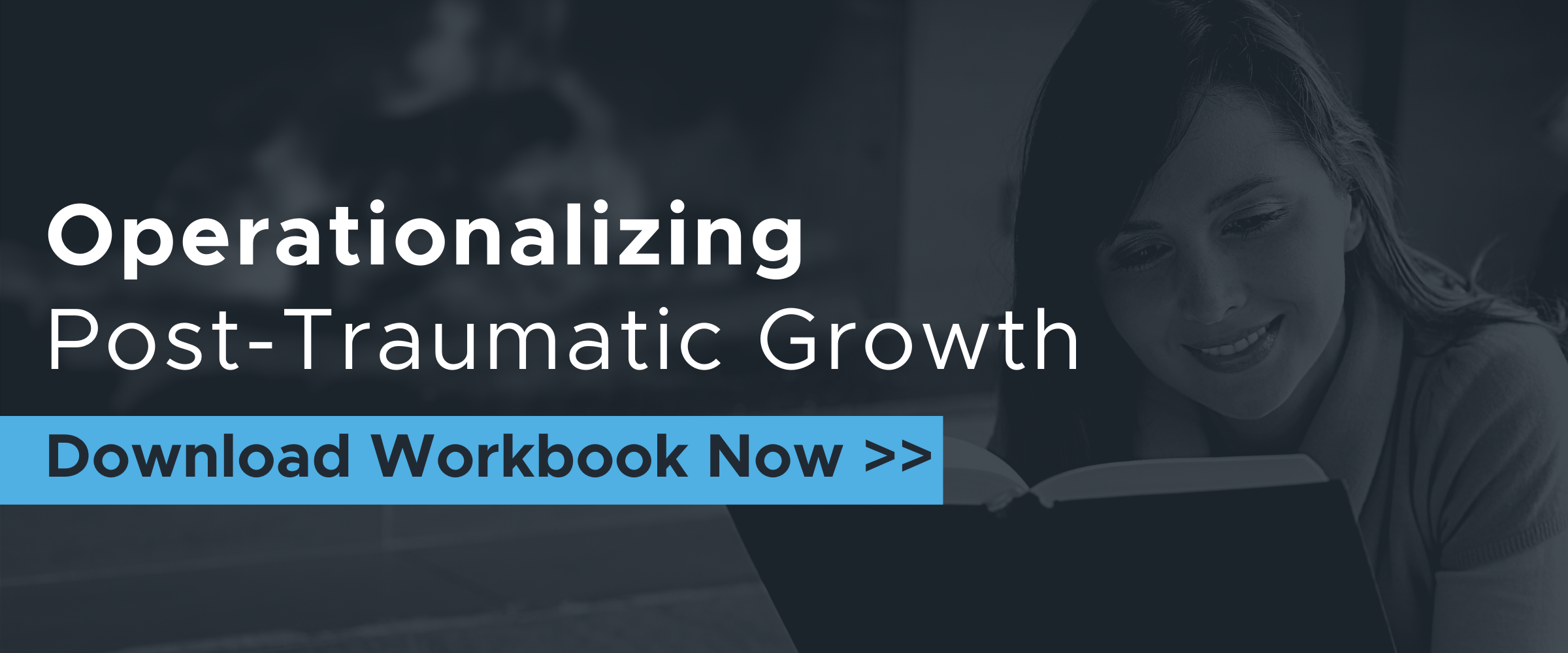Blog
Virtual Meeting Design is More Than an Agenda
Christina Coidakis-Barss, PhD, MS, MEd, is an executive leader whose experience includes designing and implementing team interventions during 2009 ...

.png?width=1387&height=526&name=Services%20-%20Blog%20Update%20Pictures%20(3).png)
Learning and Organizational Development Strategies During COVID-19 (& Flu Season)
By Dr. Christina Barss | March 12, 2020 | Custom Learning | 0 Comments
Christina Coidakis-Barss, PhD, MS, MEd, is an executive leader whose experience includes designing and implementing team interventions during 2009 H1N1 at Cleveland Clinic to leading enterprise change management during natural disasters (ex. the epic flooding of Hurricane Harvey in Houston) within the Texas Medical Center.
Challenging times require speed, clarity and ability to respond. Leveraging Dr. Barss research with interprofessional and cross disciplinary teams, she co-lead carefully crafted multi-modal communication practices focusing on trust, transparency, and team work. That trust engendered her team the ability to design and implement specific proactive life-saving training in-services both instructor lead and computer based (virtual) within 24 hours enterprise wide.
$100 BOTTLES of purell sanitizer are flying off the shelves.
Toilet paper is out of stock at your local grocery store.
Countries are being quarantined.
The world is in an emotional frenzy due to an outbreak of COVID-19.

Where does that leave you?
As a learning and organizational development professional, how do you efficiently conduct business as usual? Our goal as trusted advisors is to help our senior leadership build trust with employees as the understanding of the COVID-19 virus builds over the coming weeks.
Where does L&D have the greatest impact?
Don't forget that this is flu season in the United States, with over 18,000 accounted fatalities to date. Many of the recommended precautions for COVID-19 align with flu prevention in the workplace. First and foremost, review your organization’s emergency operation plans. Offer to facilitate that difficult conversation about infectious disease outbreaks. Why? Because unlike a fire or natural disaster, the impact is long term and fear exponentially grows. Partner closely with environmental health, safety and workplace wellness leaders, and your marketing team to design continuity and communication plans in the places where L&D has the most impact:
- New employee orientation
- Compliance and compulsory education events
- In-person coaching and mentoring sessions
- Skill training and leadership development coursework
- Small and large scale retreats, workshops, and town halls
Overall organizational considerations
Outside of just L&D, your organization is facing decisions for handling the health and safety of all employees. Considerations should include:
-
A communication plan that includes information sharing systems with internal partners, ensuring accurate and timely information to build trust and leverage CDC materials.
-
Building on everyday policies and practices to help with adoption when communicating tactics to reduce the spread of influenza or COVID-19.
-
Reviewing the remote work policy, so when individuals are not feeling well, they may stay home and not lose production. Consider if your organization is completely shut down, what would happen to work production expectations?
-
Checking with the supply chain to ensure you have copious amounts of hand sanitizer that contain at least 60% alcohol available at the entryway of instructional rooms as well as disposable wipes to clean commonly used surfaces (keyboards, desks, tables, doorknobs, light switches, etc.)
- Recognizing the requirement for technical issues as absenteeism may affect IT or HR call center staffing.
What about face-to-face events?
Temporarily suspending classes, workshops, or large gatherings is a strategy to stop or slow the spread of COVID-19. If your organization determines it is best to suspend, postpone, or cancel face-to-face classes, events, and activities, how may you continue to provide learning and development services?
Ensuring continuity of education and development during Flu & COVID -19
-
Convert face-to-face lessons or courses into online courses. Maximize existing infrastructure and services, for example; Blackboard, Skype, and Zoom to support delivery transition.
- Explore a virtual new hire orientation to limit large sized gatherings.
- Produce recorded town hall meetings or leadership forums.
- Provide ways to support self-directed learning: placing normally print materials online, e-books, enable study groups through digital mechanisms like Microsoft Teams, or your LMS features.
The emotional well-being of employees and staff
Wellness and resilience are important cultural elements when organizations are facing trying times. Learning and organizational development venues are fantastic opportunities to reiterate an organization’s commitment to the health and safety of employees, customers, partners, and communities.
- Provide managers with a toolkit containing coaching phrases when they must politely ask an employee who is sick to take time off, policy decision trees, meeting discussion questions, and FAQ. You may provide an in-service to teach preventative practices like frequent hand washing, avoiding touching their faces, and practicing social distancing.
- Reinforce mechanisms in place to keep employees safe: policies, hand sanitizer, options for remote work.
- Remind employees of an EAP program for counseling.
Recommended resources

About the Author: Dr. Christina Barss
Dr. Christina Barss is an experienced industry subject matter expert in improvement sciences and organizational culture change. Her unique blend of practical, academic, and art perspectives creates custom operational and employee engagement solutions that transform the bottom line. For example, her PhD in sustainable systems design focused on disparately located interprofessional teams in transition during lean transformation at a large, midwestern, urban, academic medical center. Dr. Barss' 12 years in healthcare were filled leading strategic enterprise-level initiatives to improve patient safety, quality, service, and innovation as well as teaching and coaching executives. From C-suite to frontline, she connects seamlessly and guides others in building trust bridges. Her continuous improvement science foundation began in the manufacturing industry. She presents nationally and internationally on design thinking, change management, organizational culture, corporate learning, executive education, and succession planning.
Comments
Would you like to leave a comment?
Related Blog Posts
.png?width=316&name=Social%20Images%20August%20Large%20(4).png)
By: Dr. Christina Barss | Mar, 2020
Category: Custom Learning

Blog
How to Define and Strengthen Remote Teams
Christina Coidakis-Barss, PhD, MS, MEd, is an executive leader whose experience includes designing and implementing team interventions during 2009 ...
By: Dr. Christina Barss | Mar, 2020
Category: Custom Learning
.png?width=316&name=Services%20-%20Change%20Management%20Leading%20Before%20the%20Change%20-%20Raising%20the%20BAR%20(1).png)
Blog
Before the Change: Raising The BAR
Christina Coidakis-Barss, PhD, MS, MEd, is an executive leader whose experience includes designing and implementing team interventions during 2009 ...
By: Dr. Christina Barss | Aug, 2021
Category: Custom Learning, Strategic Consulting


